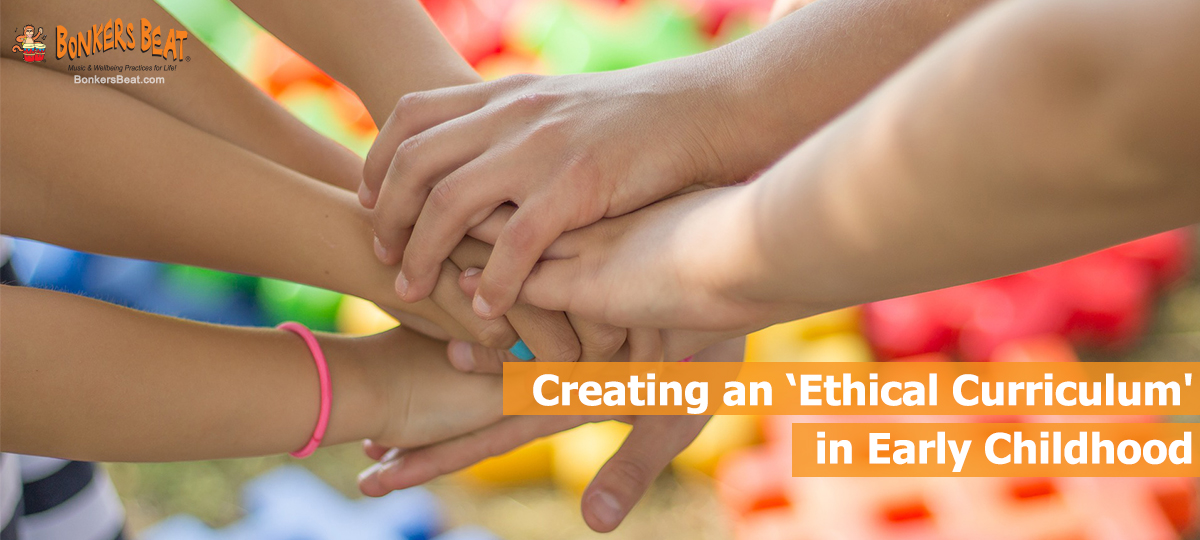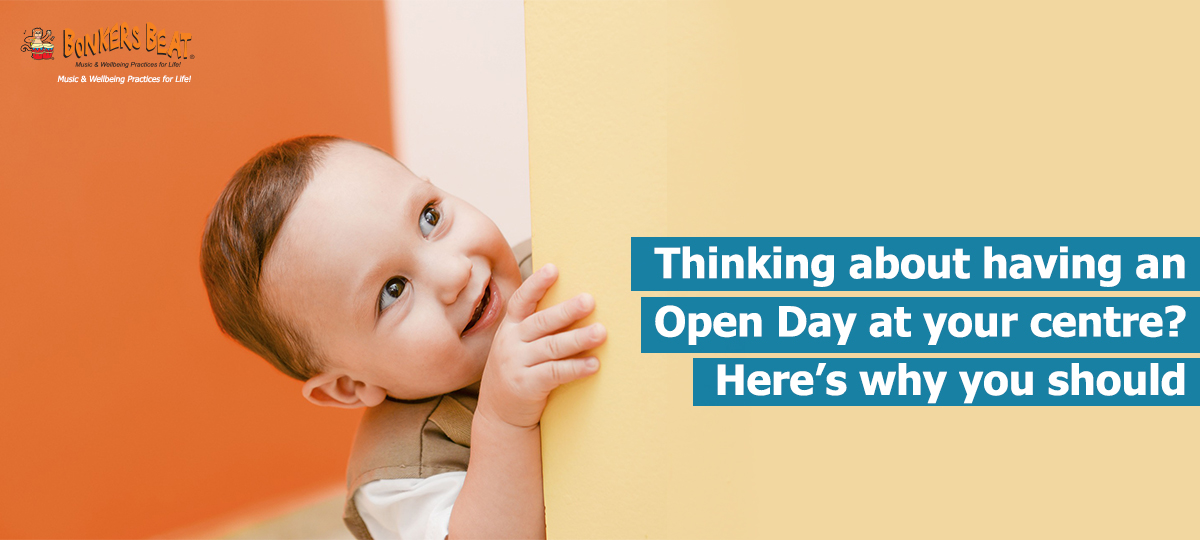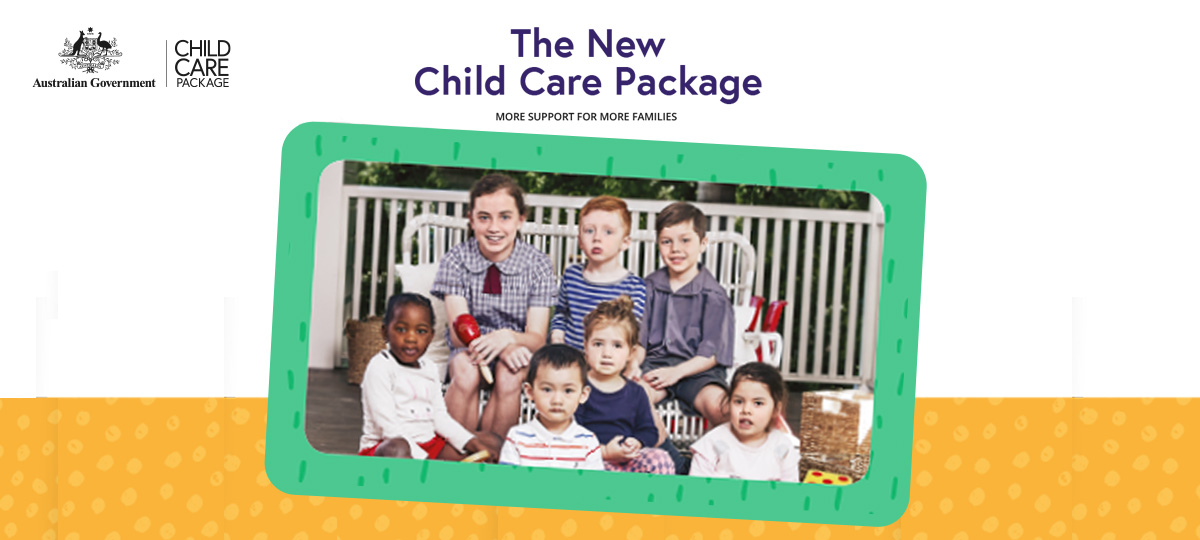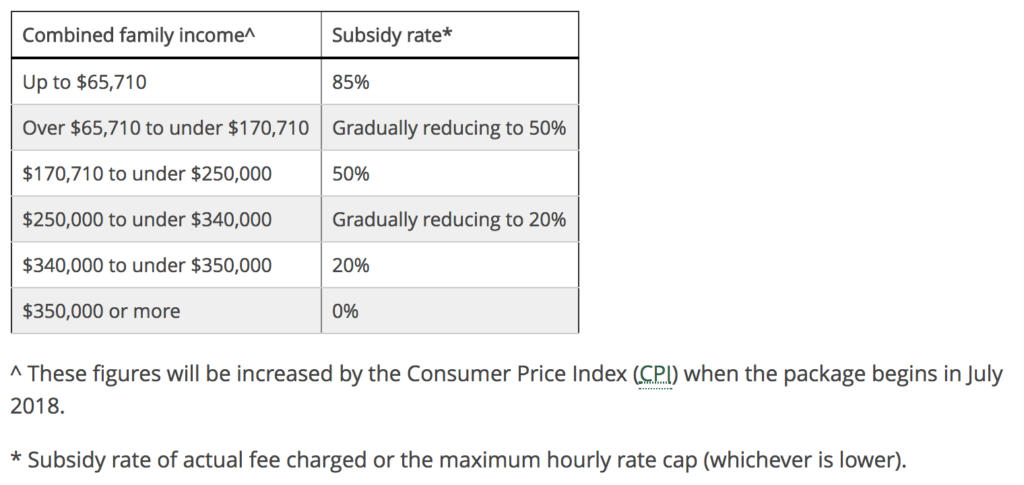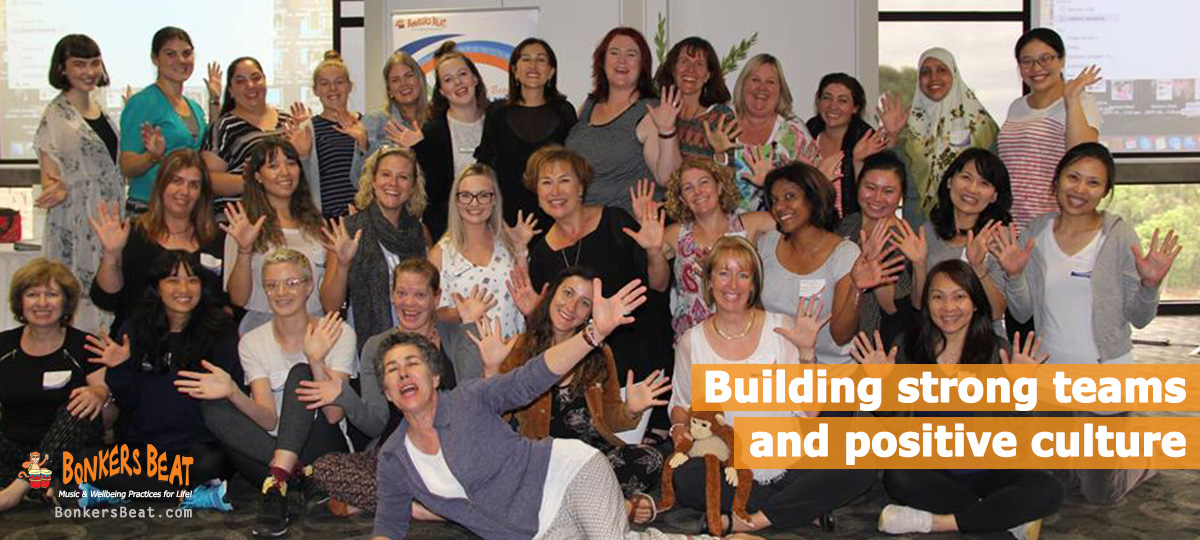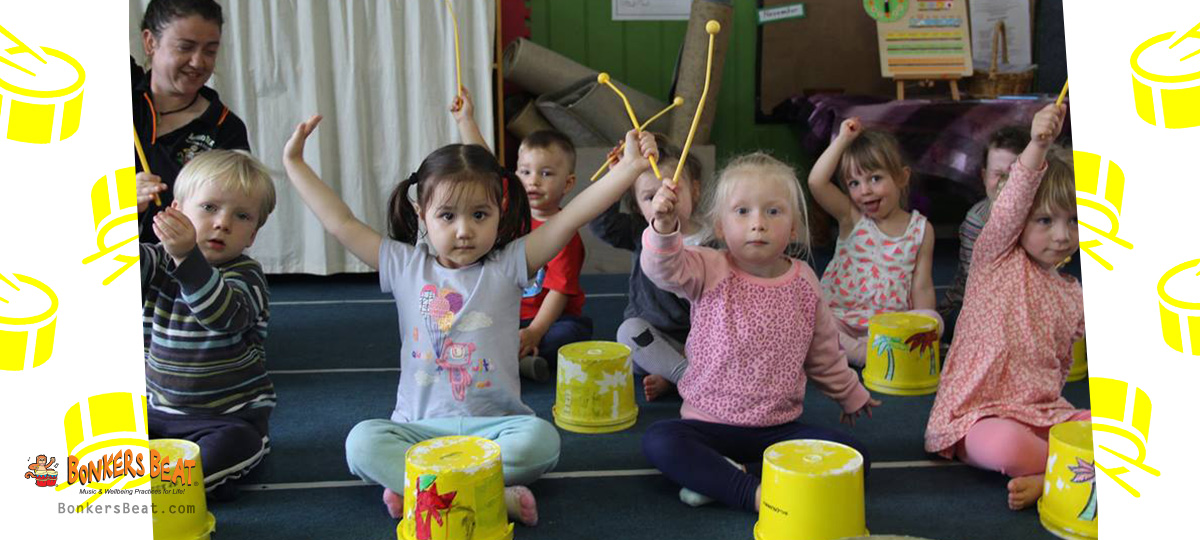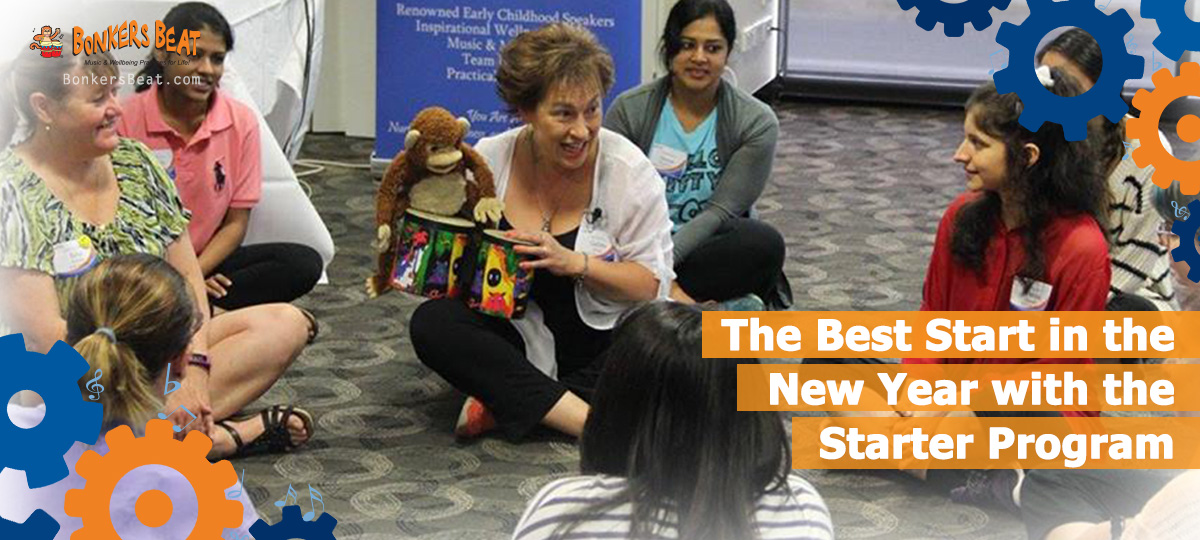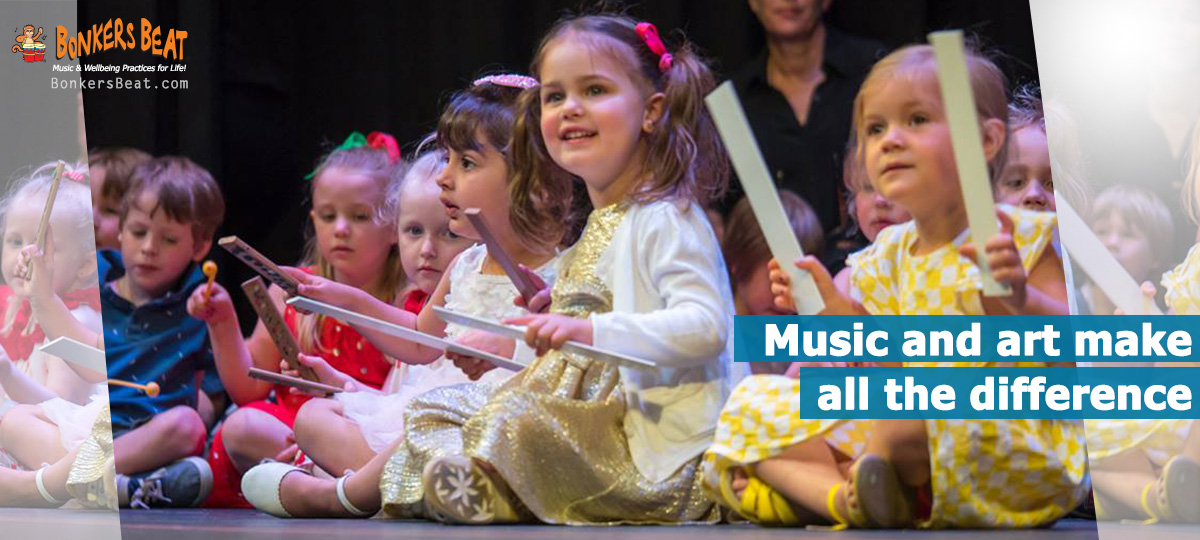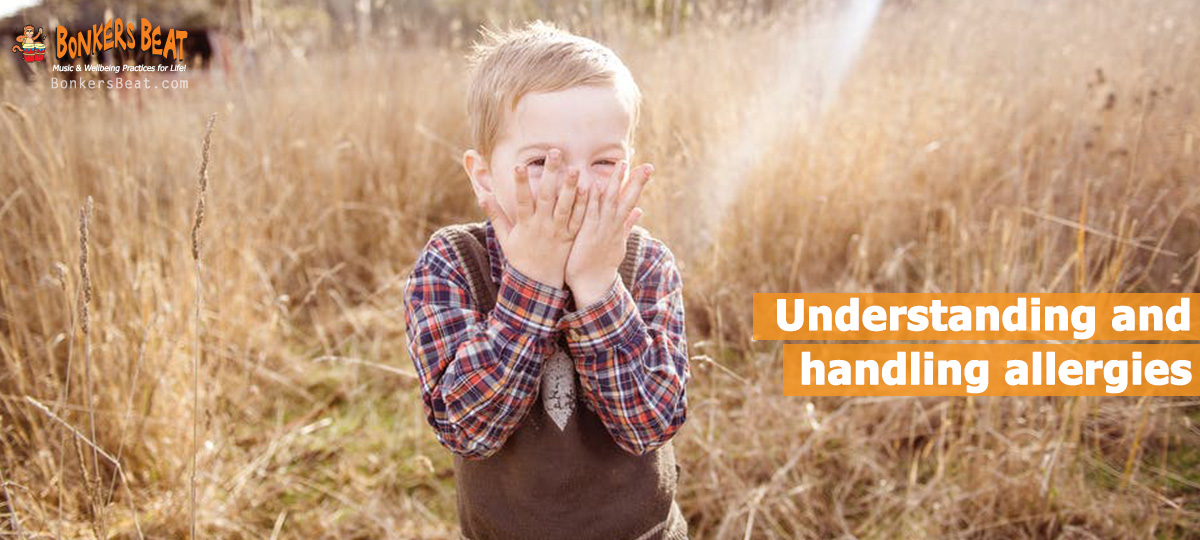Have you heard of an ‘ethical curriculum’? It’s an important and worthwhile topic to understand if creating the best early childhood education experience for children is at the top of your to-do list.
Catharine Hydon is an early childhood expert with extensive experience working in a range of early childhood settings. We were lucky enough to have Catharine as a speaker at our recent Wellness Summits in Melbourne and Sydney, and educators couldn’t get enough of her presentations. She shared invaluable insights with us about ethical curriculums and how to create one.
Catharine says creating an ethical curriculum is really about celebrating children’s right to participate within their communities.
“When we choose ethical dimensions to add into our curriculum, we’re really connecting with who children are and how they’re living their lives right now, at the moment”, says Catharine.
Catharine wants children to grow up knowing how to engage in the world and enjoying it, not fearing it. How we do that is by listening to the children and families and delivering back an inclusive early childhood experience for all to enjoy and learn from and within. That is at the core of an ethical curriculum.
Ethical dimensions to incorporate can be chosen by finding out what matters to families and children and creating a learning environment that reflects their cultures, individual circumstances and interests. Catharine is passionate about educators growing more confident and raising our voices about the decisions we make for children in our care. Open up and speak out to communities and families about what you’re doing in your centre and why, because the work we do has a real impact on entire communities.
A big congratulations to our Bonkers Beat educators across the country — Catharine noted the enthusiasm of you all and how willing you were to give things a go. What beautiful role modelling for our young people, so congratulations to you on demonstrating your passion and motivation for our special industry.
To learn more about what we got up to at our Wellness Summits, you can take a look through our event albums in Melbourne and Sydney on Facebook. If you’re interested in joining us with your team of educators at the next Wellness Summits, get in touch to find out how!
Enjoy our chat about creating an ethical curriculum with Catharine here:

